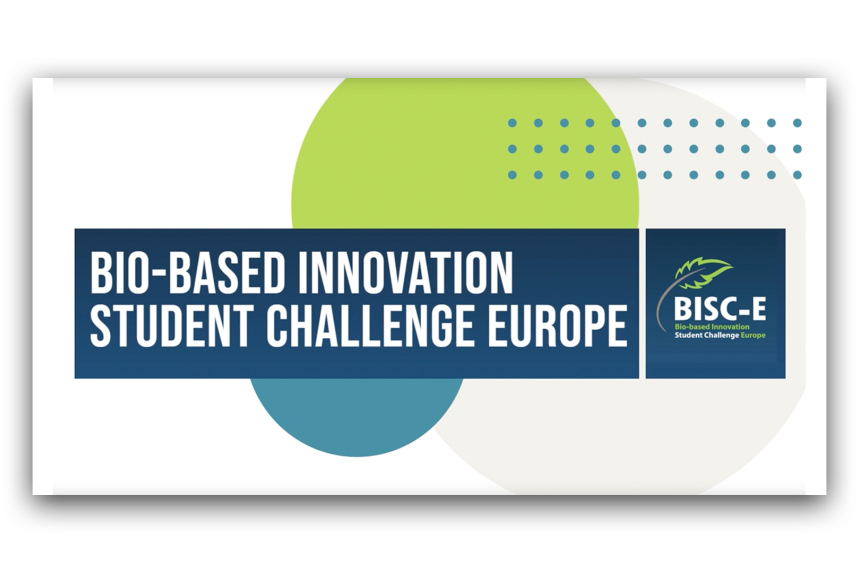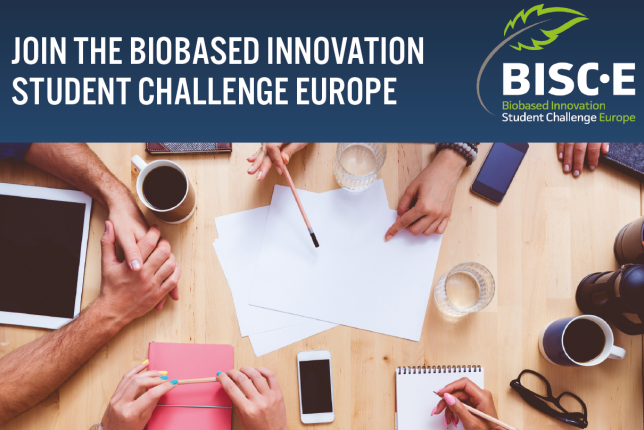LSIWC student team presents innovative packaging solution at the BISC-E 2025 European Final

On 19 September 2025, the first round of the Bio-based Innovation Student Challenge Europe (BISC-E) 2025 European Final took place online. The competition brought together 13 national winners from across Europe. Latvia was represented by the Latvian State Institute of Wood Chemistry (LSIWC) student team “need(less)”, who presented their project “PolystyreNO – innovative bio-based food trays.”
The team’s proposed solution is biodegradable composite trays for meat packaging, combining polylactic acid (PLA) with wood fibers and antimicrobial properties. The aim is to ensure functional durability of the packaging for up to two weeks, while reducing both packaging waste and food loss in the cold chain.
Environmental and market potential
The project seeks to replace traditional polystyrene trays with a bio-based, compostable alternative that reduces greenhouse gas emissions. The team estimated that the European market for meat packaging exceeds €1.8 billion annually, with strong demand potential for biodegradable alternatives, especially in view of anticipated regulatory restrictions on plastic packaging by 2030.
International evaluation
The team’s presentation was evaluated by an international jury of academic experts, chaired by Kees de Gooijer (Netherlands), with members from the Czech Republic, Lithuania, Portugal, Ireland, and Italy. In the first round, the jury assessed the level of innovation, sustainability impact, technical feasibility, economic viability, and presentation quality. The top five teams were selected to advance to the second round of the European Final in October, where industry experts will carry out the evaluation.
Dr. Inese Fiļipova:
“The Latvian team competed with its innovative idea for antibacterial meat packaging made from bioplastics with forestry residues as fillers. The presentation was convincing and engaging, and the jury complimented the team on its well-developed sustainability aspects and impact on waste reduction. However, the project’s economic justification was somewhat lacking, and unfortunately the team was not selected for the second round of the final.”
The team
The LSIWC student team consisted of Krista Dimante, Daniels Markuss Kārkliņš, Madara Brūklena, and Viviāna Līva Kalniņa, led by Dr. Inese Fiļipova.

